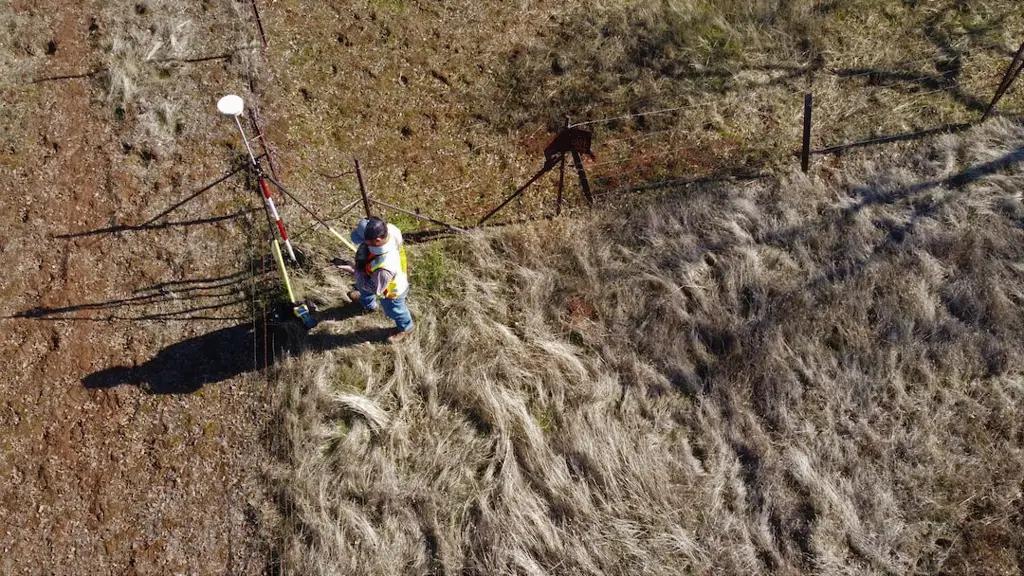Surveyors: The Path to Precision and Accuracy
Surveying is a fundamental profession in the fields of engineering, construction, and land management. Surveyors play a vital role in accurately measuring and mapping the Earth’s surface, providing critical data for the development and maintenance of infrastructure projects. This article explores the occupation of surveyors, various examples of their work, the necessary education and training, career progression, and how newcomers can enter this fascinating field.
What is Surveying?
Surveying is the science and art of measuring and mapping the Earth’s surface and features. It involves determining precise positions, distances, angles, and elevations of various points on land, seabed, or airspace. Surveyors enable the creation of accurate maps, the setting of property boundaries, and the planning and execution of construction projects.
Examples of Surveying Jobs
- Land Surveying: Land surveyors determine the exact boundaries and measurements of land plots, ensuring their accurate legal description and ownership. They conduct field surveys using specialized equipment such as Global Positioning Systems (GPS), total stations, and lasers.
- Construction Surveying: Construction surveyors play a critical role in construction projects, providing precise measurements and layouts for structures, roads, pipelines, and utilities. They work closely with architects, engineers, and construction teams to ensure that the project meets design specifications.
- Hydrographic Surveying: Hydrographic surveyors use sonar, radar, and other instruments to measure and map underwater structures, coastlines, and water depths. This information is vital for safe maritime navigation, dredging operations, and offshore resource exploration.
- Geodetic Surveying: Geodetic surveyors measure large areas of the Earth’s surface to provide accurate reference for mapping and satellite positioning systems. Their work involves precise triangulation, GPS observations, and the establishment of control networks.
Education and Training
Entry into the surveying profession typically requires a bachelor’s degree in surveying, geomatics, or a related field. Several universities and colleges worldwide offer programs accredited by the appropriate professional bodies, such as the Royal Institution of Chartered Surveyors (RICS) in the UK or the National Council of Examiners for Engineering and Surveying (NCEES) in the United States.
These programs provide students with a solid foundation in subjects like mathematics, geodesy, computer-aided design (CAD), data analysis, and surveying principles. Additionally, hands-on field training and experience are often incorporated into the curriculum, allowing students to become familiar with surveying equipment and techniques.
Career Progression
The surveying profession offers various pathways for career progression and specialization. As individuals gain experience and expertise, they can advance through different levels of surveying proficiency:
- Survey Technician: Entry-level position assisting surveyors in collecting data, operating instruments, and performing calculations.
- Assistant Surveyor: This intermediate role involves conducting surveys under supervision, preparing maps, and carrying out fieldwork.
- Professional Surveyor: After obtaining licensure or certification, professionals can work independently, supervise survey teams, manage surveying projects, and oversee boundary determinations.
- Specializations: Surveyors can pursue specialized fields such as hydrography, geodesy, or land management, leading to advanced roles with increased responsibilities and expertise.
Entering the Surveying Field
If you are new to the surveying field and wish to pursue a career as a surveyor, taking the following steps can help you get started:
- Educational Preparation: Research and enroll in an accredited surveying program that aligns with your career goals. Obtain a bachelor’s degree in surveying or a related field.
- Gain Practical Experience: Seek internships, cooperative education programs, or entry-level assistant positions to gain hands-on practical experience in the field. This will provide invaluable insights into surveying techniques and equipment usage.
- Licensure and Certification: Depending on your location, you may need to obtain a license or certification to practice surveying professionally. Familiarize yourself with the requirements set by the licensing boards or professional organizations in your country or region.
- Continual Learning: Stay updated with the latest advancements and technologies in the surveying field. Participate in professional development courses, workshops, and conferences to enhance your skills and knowledge.
- Networking: Join professional associations, attend industry events, and connect with experienced surveyors. Networking can provide valuable career opportunities, mentorship, and guidance.
Becoming a surveyor requires dedication, precision, and a passion for the outdoors. With the right education, training, and experience, you can embark on a rewarding career in surveying, shaping the landscapes of today and tomorrow.
Effects of Union on the Job:
The salary data includes information on both union and nonunion surveyors. Based on the data provided, surveyors who are part of a union earn slightly lower salaries compared to nonunion surveyors. The average salary for unionized surveyors is $69,950.40 – $70,033.60, while nonunion surveyors earn an average of $77,396.80 – $78,956.80 nationally.
Summary
Surveyors are essential professionals in engineering, construction, and land management. They use precise measurements and mapping techniques to provide critical data for infrastructure projects. Through land surveying, construction surveying, hydrographic surveying, and geodetic surveying, surveyors contribute to accurate land measurements, layouts, and maritime navigation. To enter the surveying field, individuals need a bachelor’s degree in surveying or a related field, practical experience, and often licensure or certification. Career progression can lead to positions as survey technicians, assistant surveyors, and professional surveyors with specialization opportunities. Despite slight salary differences, surveying offers a rewarding career with opportunities for personal and professional growth.












